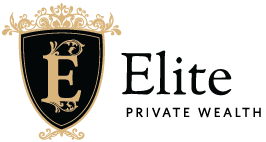Selecting a financial advisor is a crucial step in managing your investments and achieving your financial goals. Here are some key questions to ask potential advisors to ensure they are the right fit for you.
1. Qualifications
Inquire about the advisor’s qualifications. What designations do they hold? Are they a Certified Financial Planner or a Chartered Financial Analyst? These credentials indicate that they have undergone rigorous training and adhere to a professional code of conduct.
2. Registration
Ensure that the advisor and their firm are registered with a provincial securities regulator or another regulatory body. Registration is a legal requirement for anyone selling securities or offering investment advice.
3. Experience
Ask about the advisor’s experience. How long have they been in the industry? What is their tenure with their current company? Do they have a broad range of product knowledge, or do they specialize in a few areas?
4. Products and Services
Find out what products and services the advisor offers. Can they provide a variety of products such as stocks, bonds, mutual funds, and ETFs, or do they specialize in certain products? Do they only offer products that their firm sells or recommends, or do they offer other products?
5. Clientele
Learn about the advisor’s client base. Do they specialize in serving a certain type of client? Do they have other clients like you? How long have they worked with most of their clients? What results have they achieved for clients like you?
6. Investment Philosophy
Understand the advisor’s investment philosophy. Do they prefer a buy-and-hold strategy with safer investments for long-term growth, or do they engage in frequent buying and selling to try to accelerate growth?
7. Compensation
Clarify how the advisor is compensated. Is their income based on salary, commission, fee, or a combination? Do they charge a flat fee (hourly, annually, or based on a percentage of your assets)?
8. Working Relationship
Discuss how the advisor will work with you. How often will
they contact you or meet with you? How often will you review your investments
together? How can you get in touch with them if needed? Will you be
communicating directly with them, or with someone else at their firm?

